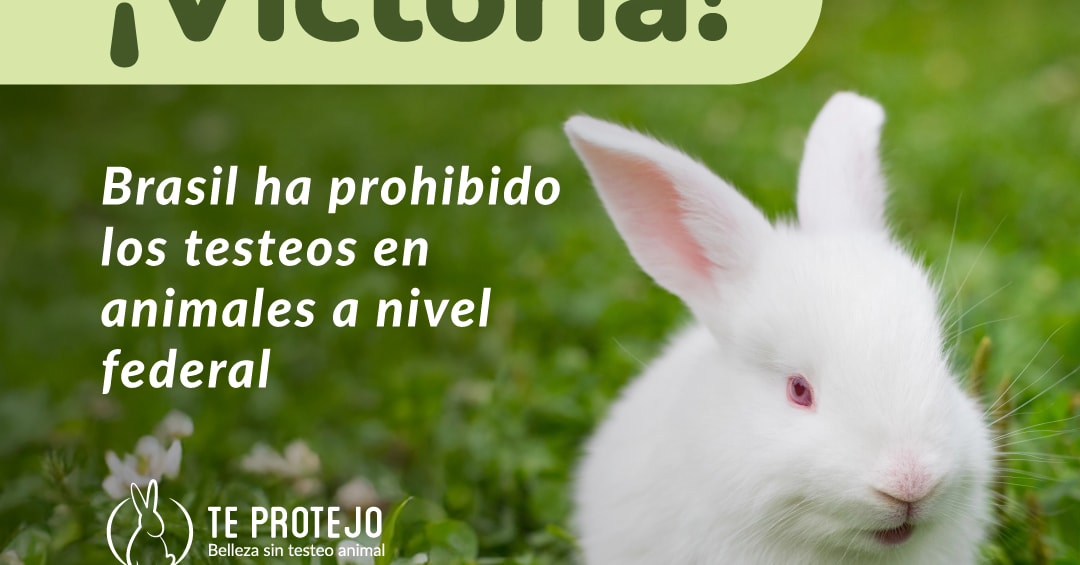For years, Animal Equality has been working on legislative changes in Mexico and has achieved huge changes! A great example is the approval in the Chamber of Deputies of the initiative to include animals in the Constitution and to establish the power to have a General Animal Protection Law. In the plenary session, many legislators spoke about animal rights, the importance of sanctioning animal cruelty, and our duties towards them.
Since then we’ve lobbied and kept the issue on the agenda of the Chambers, and it shows in the President’s new proposals, which says “La presente iniciativa retoma el alcance de propuestas planteadas por diversas iniciativas…/The present initiative takes up the scope of proposals put forward by several initiatives…”.
The initiative that elevates animal protection to a constitutional level includes:
Animal cruelty is prohibited, and the state must guarantee their protection, proper treatment, conservation, and care, according to the law
The General Congress has the ability to pass a General Animal Protection Law that prohibits the abuse of farmed animals during breeding, among other things.
Education must include animal protection
There’s no doubt they have been aware of our efforts and mobilizations.
Timeline: Animal Equality presented the initiative to empower Congress in 2021 and the Chamber of Deputies approved it in 2023. We presented the initiative to recognize animals as sentient beings in the Constitution in 2022 and 2023. We will continue to make an exhaustive review of the opinions in commissions since this is the last legislature before the change of government.
Who: Animal Equality coordinating with Partido Verde Ecologista de México and Morena.
Successful Tactics: Political lobby and campaign: Los Animales a la Constitución and Leyes para los Animale
Scalability: These changes impact all animals in the country and will be used to have the first General Animal Protection Law and improve other regulations.
Thank you, and please reach out to me for any questions,




Thanks!